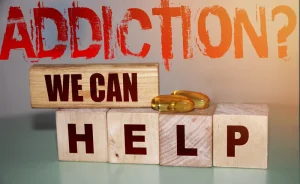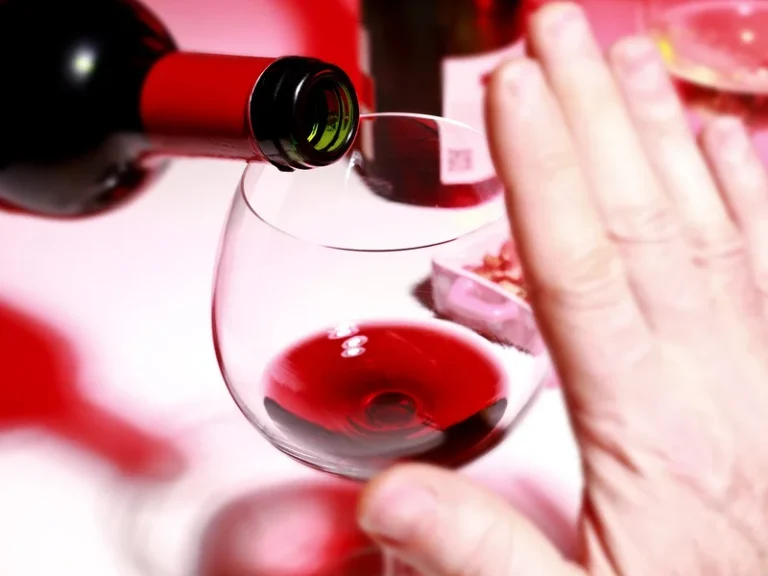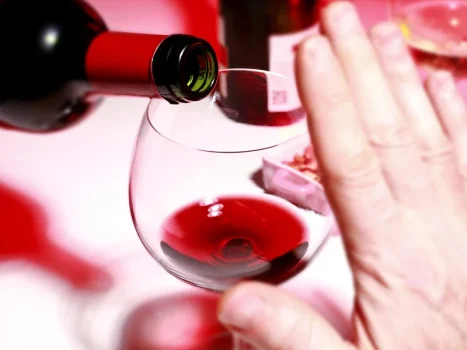
Additionally, when you don’t reflect on mistakes you’ve made, you’ll probably repeat them. It’s sometimes easier for angry people to become aggressive when they’re inebriated. A slight annoyance may turn into an infuriating problem, thanks to alcohol. Typically, anger will lead to aggression unless something happens to resolve the situation.
The Difference Between Anger and Aggression
Alcohol can provoke different emotional responses for different people. If you have a natural tendency to be angry, drinking alcohol may cause you to become aggressive. They were also required to respond to the Consideration of Future Consequence Scale (CFC). It was found that those scoring lower became significantly more aggressive than those who had higher ratings on the CFC. The findings were explained by emphasizing that concern for the future involves greater prefrontal cortex resources that help inhibit the excessive impact of alcohol.
Alcohol and Anger: Understanding the Connection
As a result, some experience anxiety as they look back on the events of the night before. Along with the other symptoms of a hangover, such as regret and embarrassment, anxiety can drive feelings of irrational worry, panic, or fear. In addition, researchers found people who score high on measures of shyness to be particularly susceptible to hangover anxiety.
Why Can Drinking Alcohol Make You Angry?
Alcohol doesn’t cause anger, but it can fuel pre-existing emotional distress. And if a person already has a temperamental personality, ongoing alcohol misuse will make things even worse. Since people often turn to alcohol as a means of self-medication, any further aggravation will be likely to lead to even more alcohol consumption. Ultimately, nobody knows what comes first—anger or alcohol use disorder (AUD).
- People who are more focused on the present than the future are more likely to become angry and aggressive under the influence of alcohol, for example, Science Daily publishes.
- Oftentimes, when talking about anger management, healing is also about setting boundaries and learning self-compassion.
- Exercises, such as running or kickboxing, can be a good way to burn off any rage.
- It is important to keep in mind that alcohol doesn’t necessarily cause domestic violence.
- Those can also be used to cope with anger and express it in healthy ways instead of harmful ones.
On top of that, people with alcohol use disorders often drink to cope with some kind of pain – and that pain can also be a source of anger and aggression. Chronic drinking also damages parts of your brain related to emotional regulation and impulse control, making matters worse. Alcohol withdrawal can be potentially life-threatening, in the case of severe dependence. Medical detox is typically considered the optimal method for allowing alcohol to safely process out of the body while under continual medical supervision. When people have difficulty controlling impulses, trouble regulating their emotions, or may present a danger to themselves and/or others, medical detox is required. Medical detox programs are often the first stage in a comprehensive addiction treatment program.

Getting Help at Lighthouse Recovery Institute
When you drink alcohol, parts of your brain that manage anger are suppressed, making it more likely for angry feelings to bubble to the surface. Although alcohol consumption may produce short-term relaxing and soothing effects, it has many adverse effects on human behavior and emotions in the long run. As mentioned above, alcohol can damage the brain cells and their chemicals; alcohol can lead to aggression, uncontrolled anger, offensive behavior, and violent activities. Moreover, alcohol can also cause dysregulation in the body’s stress pathways, resulting in increased anxiety, stress, psychosis, and suicidal tendencies. Anger is a response to different factors like hurt, frustration, jealousy, feeling helpless, rejection, worry, embarrassment, etc.

Those who are dependent on alcohol should participate in alcohol addiction treatment to break the cycle. Remember, quitting a substance cold turkey can lead to health issues, so it’s best to enlist professional help. The link between alcohol and anger has to do with alcohol’s ability to remove your inhibitions and disrupt your emotional regulation.

Additionally, it’s common for people to self-medicate with alcohol, thinking that drinking will numb those feelings or allow them to forget – if only for one evening. The mood someone is in when they begin drinking alcohol is often the mood that will be intensely felt once they’ve reached a level of intoxication. That, paired with the way people make decisions when they’re drinking, is often a recipe for disaster. However, this relationship is a bit more turbulent when it comes to recovering alcoholics and anger. In general, expressing appropriate emotions is a skill that addicts struggle with early in their recovery.
- If you or someone you love is battling aggression and alcohol misuse, help is available.
- Understanding the relationship between alcohol consumption and anger expression is essential.
- The stress-reducing effects of alcohol often make people believe there are no real consequences for their actions, which leads to confrontations, fights, or displays of aggression.
- One of the things that can make anger even more difficult to control is alcohol.
Go to Support Groups and Seek Professional Support
Hostility, on the other hand, encompasses a more general disposition of antagonism or animosity. There exists confusion regarding the differentiation between anger, aggression, and hostility, particularly in the context of alcohol consumption. Alcohol can influence the expression of hidden or suppressed emotions. Individuals may find themselves more inclined to express emotions that they typically keep concealed, such as anger, sadness, or vulnerability, when under the influence. Drinking can affect your alcoholism and anger emotional experience as it can limit your inhibitory emotions. Here are the common emotional experiences you need to explore before visiting your favorite bar.
A person who previously showed generosity or creativity can end up moody, unreliable, or even petty and aggressive. Relapse alcoholism treatment is prevalent, with almost sixty percent of people having one major episode a year after completing treatment. But, anger problems are often cited as one of the main culprits of relapse among recovering alcoholics. Each individual has unique anger triggers based on what you expect from yourself and those around you.
Leave a Reply